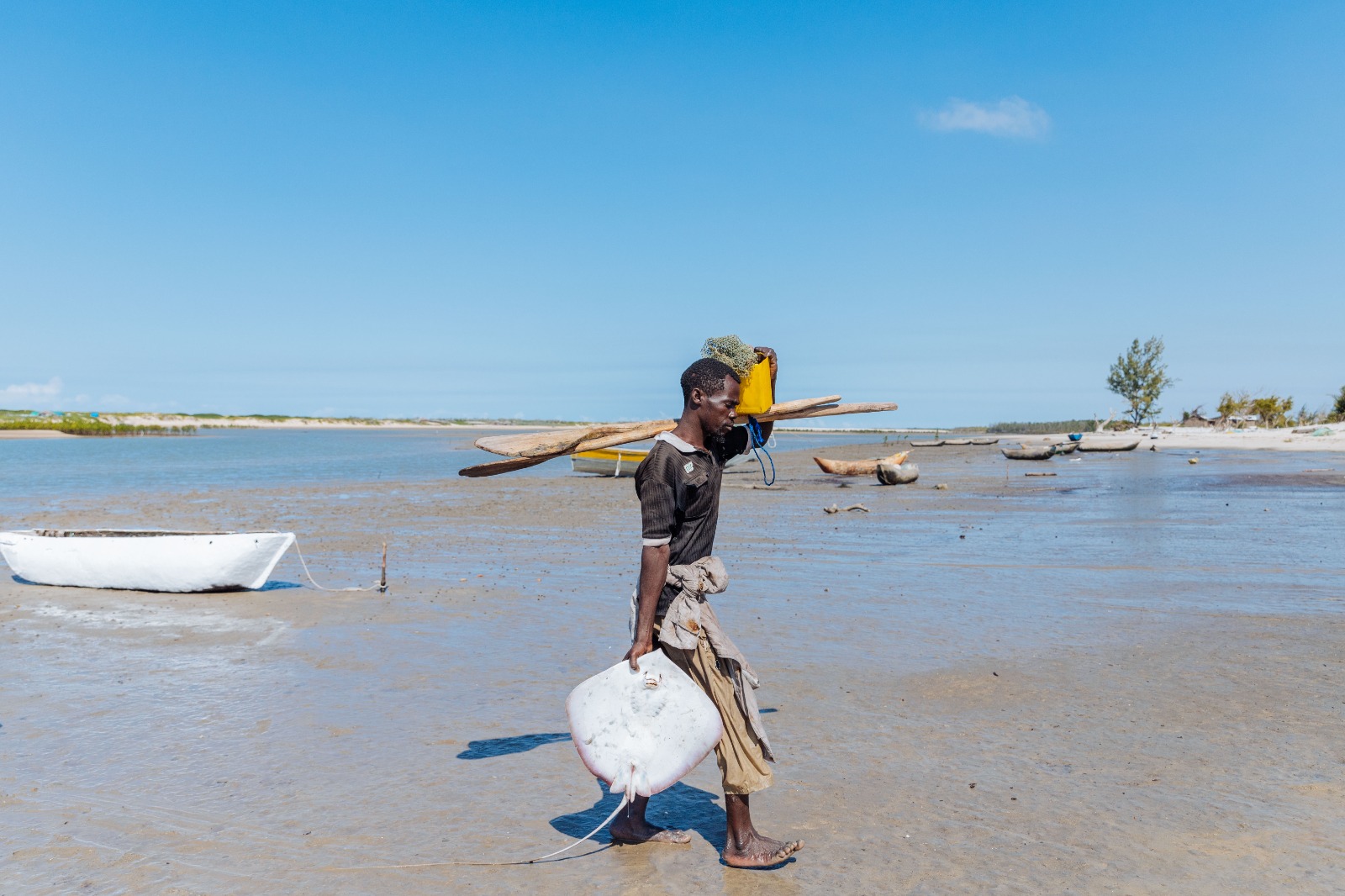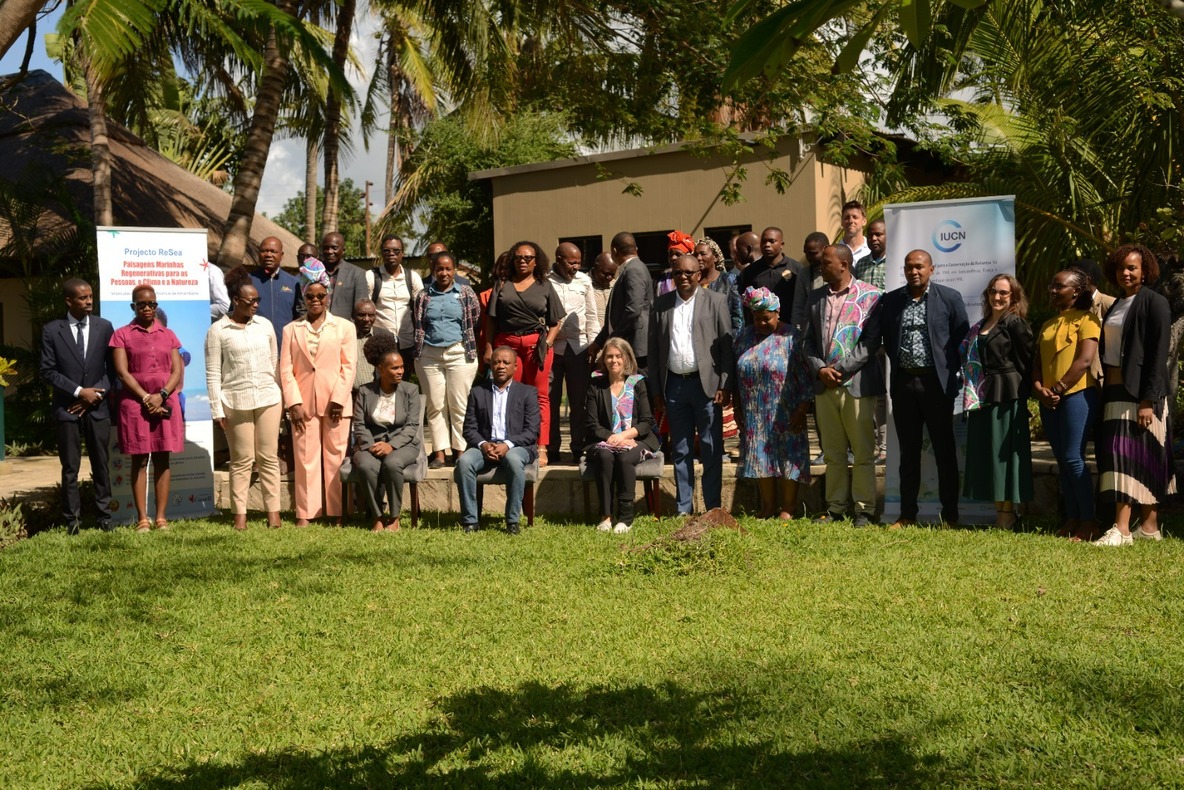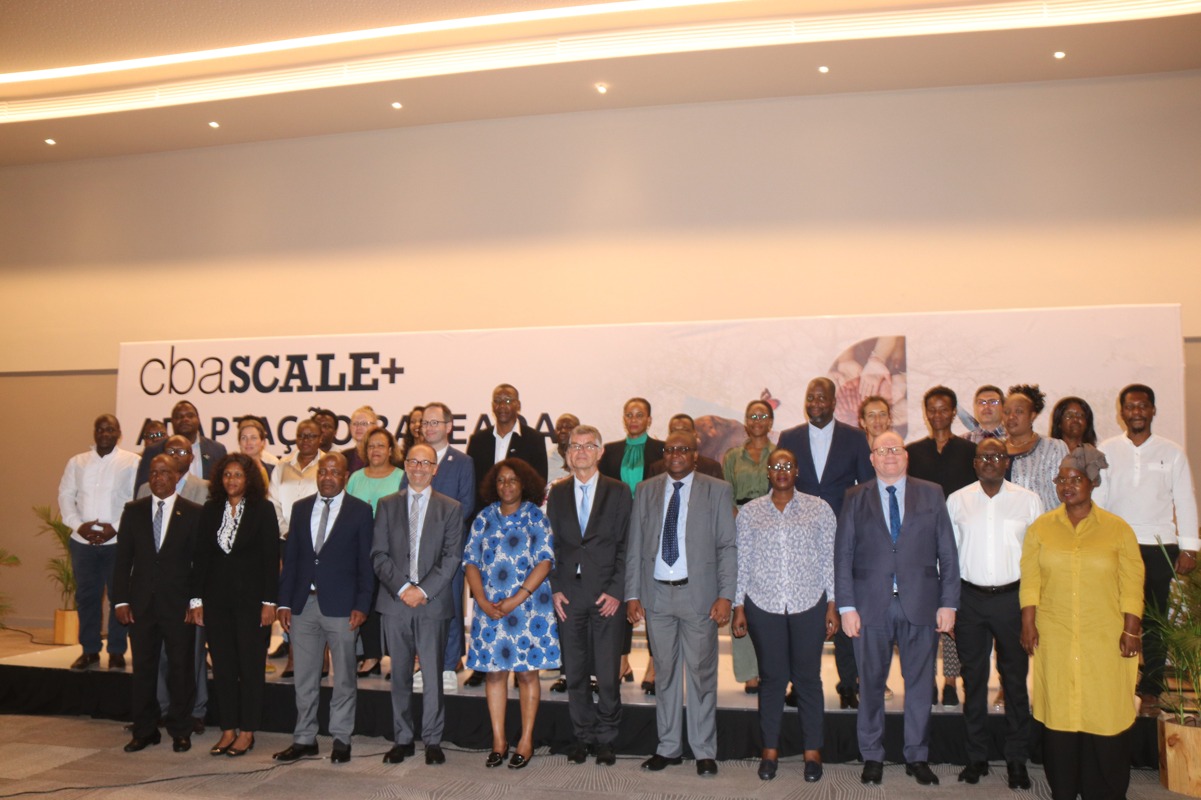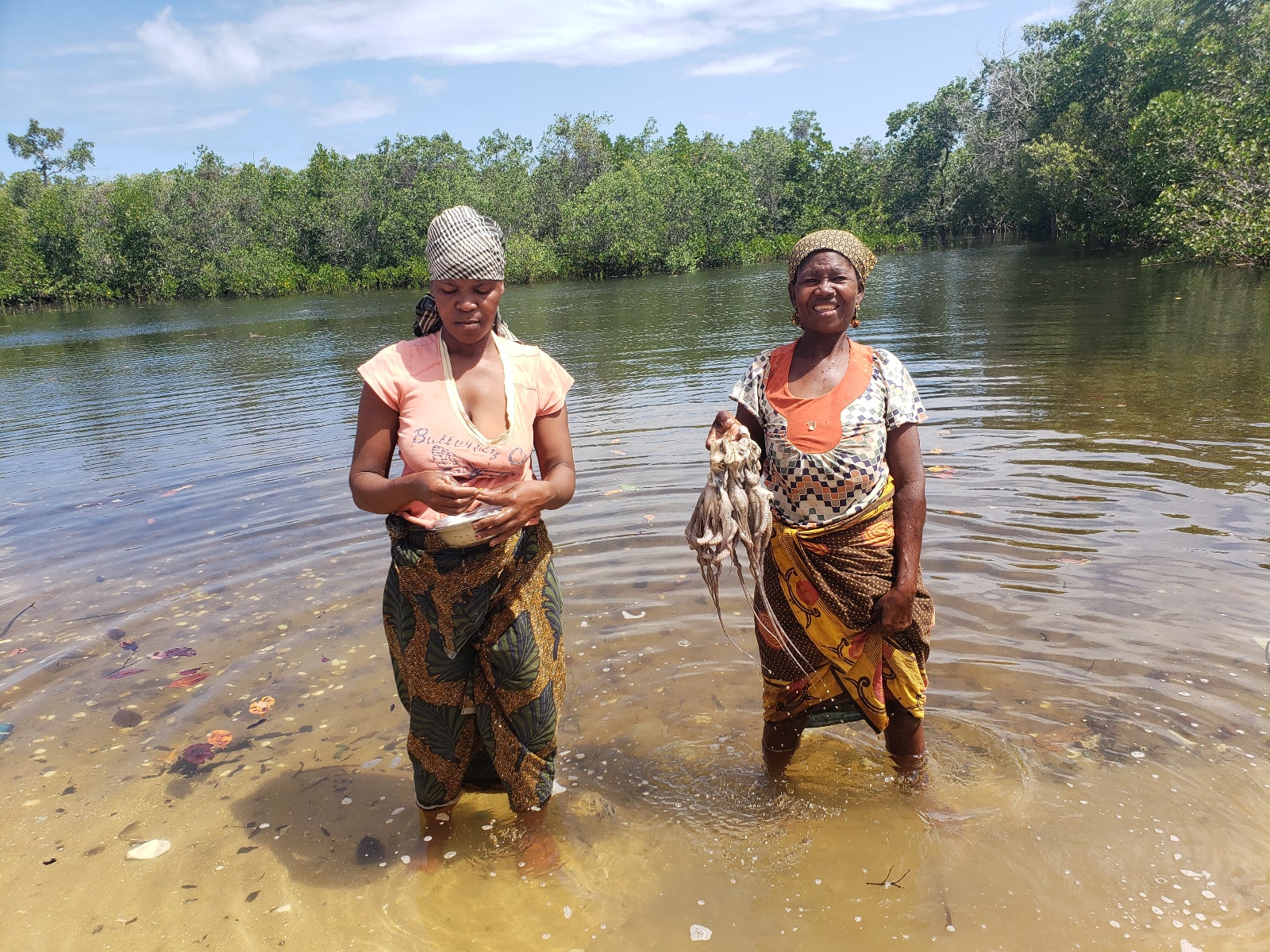From the Renewal of Marine Ecosystems to the Reunification of Families in Muinde Village, Mecufi district, in Cabo Delgado - "There's Already Fish in the Sea and Daddy Is Back"
In the coastal village of Muinde, district of Mecufi in Mozambique, the reduction of fishing resources due to intensive fishing using harmful methods and gears has drastically reduced catches in Muinde. Species that were abundant until the late 1990s such as horse mackerel, rabbit and stone fish have declined, and other species such as squid and octopus have almost disappeared. In 2006, this led to the migration of sinners to other regions, such as the islands of the districts of Ibo, Palma, Mocímboa da Praia and Macomia in search of the fish resource.

The marine biodiversity conservation plays an important role in the recovery of fishery resources. Reports from fishing communities and catch data show that the involvement of local communities in the restoration of coastal ecosystems contributes not only to the conservation of biodiversity, but simultaneously provides several socio-economic benefits, such as the reunification of families and increased family income.
In the coastal village of Muinde, district of Mecufi in Mozambique, the reduction of fishing resources due to intensive fishing using harmful methods and gears has drastically reduced catches in Muinde. Species that were abundant until the late 1990s such as horse mackerel, rabbit and stone fish have declined, and other species such as squid and octopus have almost disappeared. In 2006, this led to the migration of sinners to other regions, such as the islands of the districts of Ibo, Palma, Mocímboa da Praia and Macomia in search of the fish resource.
From the new region of residence, the fishermen sent the earnings from their work to their families in Muinde and only returned to rest at the time of Ramadan and Ide.
"The sea was dark and had no life, it took us a long time for each day and sometimes we just caught little fish that were barely enough for sale" Eugénio Duvi, member of the CCP of Muinde.
Since 2019, with the support of the marine biodiversity conservation initiatives through the Locally Empowered Area Protection (LEAP) Project, a group of local fishermen consisting of 16 members, of which 38% are women, has been actively involved in the biodiversity conservation activities of marine ecosystems.
However, in 2020, the community of Muinde village, in collaboration with the District Government and the Community Fisheries Councils (CCP), mapped and delimited 569 hectares of marine areas, declared as permanent marine reserves with 266 hectares and temporary marine reserves with 303 hectares.
The establishment of these areas aimed to reduce the deterioration of marine biodiversity, the source of survival of this village. Driven by the search for new opportunities, the community of Muinde believed in the fence model, temporary or permanent, as an effective conservation tool, which in the long term can return marine resources and maintain ecosystem services provided to local communities in an equitable and inclusive way in the long term.
Ali Natuca, president of the Community Fisheries Council of Muinde, reported that the community program of permanent and temporary fencing, operates in two areas and the practice of temporary fencing is 6 months, since 2021, and with this measure they note that the fish that grows in these places have the appropriate size for fishing and the species that disappeared in the past have returned to the vicinity of the fence sites. The initiative has an impact and today the fishermen of Muinde are the rangers of their oceans.
"Initially we were not confident about the initiative, but after exchanging experiences with other locals, we started to believe and had faith. Today, we no longer make an effort to sensitize community members about the need to value the reserve and maintain good fishing practices, despite poverty." Eugénio Duvi, member of CCP Local.
"The opening day of the temporary reserve for fishing is a day of celebration in the village and we all go to the beach." Some go to fishing, others to buy and sell and others to buy and consume fish – Ruquia Uhithino, from the community of Muinde.
The community of Muinde defends the continuity of the fence because to date with the sale of fish of high commercial value, it has increased in size and quantity, and with the sale they are able to go to the fields, build improved houses, and buy school supplies for their children.
Abudo Andrawali left in 2006 for Mocímboa da Praia to seek better living conditions and explains that he returned because he can now fish locally. "I left here because the species I was fishing have disappeared from Muinde. The marine reserve areas are initiatives to be welcomed and maintained, as we no longer suffer in fishing, and we sell our fish at a good price. Now I can be working close to my family, and I am very grateful to have returned and now other friends intend to return to Muinde," said Abudo.
In the absence of husbands, the wives of migrant fishermen from Muinde took the lead in everything in the home. Muanamine Abedi, claims to take the role of "Mother and Father at the same time. There was no time for rest." Like other women in the village, Muanamine Abedi used to fish using the mosquito net. The awareness-raising work carried out by the members of the CCP and the positive results that the locally managed marine areas present made her burn them and concludes: "I don't want to become single again. I will comply with the fishing rules and respect the Community reserves. I will never use mosquito nets again."
There are more fish in the Muinde Sea and the parents who had previously left far away have returned to their families. Fish is bringing families together again in Muinde."
The LEAP Project is an initiative of the International Union for Conservation of Nature (IUCN), implemented by the Friends of the Environment Association (AMA) and funded by the German Federal Ministry for the Environment, Nature Conservation and Nuclear Safety (BMU).
Moment of deploying buoys to delimit community marine reserves. Credits: Manuel Daniel, IUCN
Figure 1: Location of the two LMMAs, temporary and permanent. Credits: Manuel Daniel, IUCN



